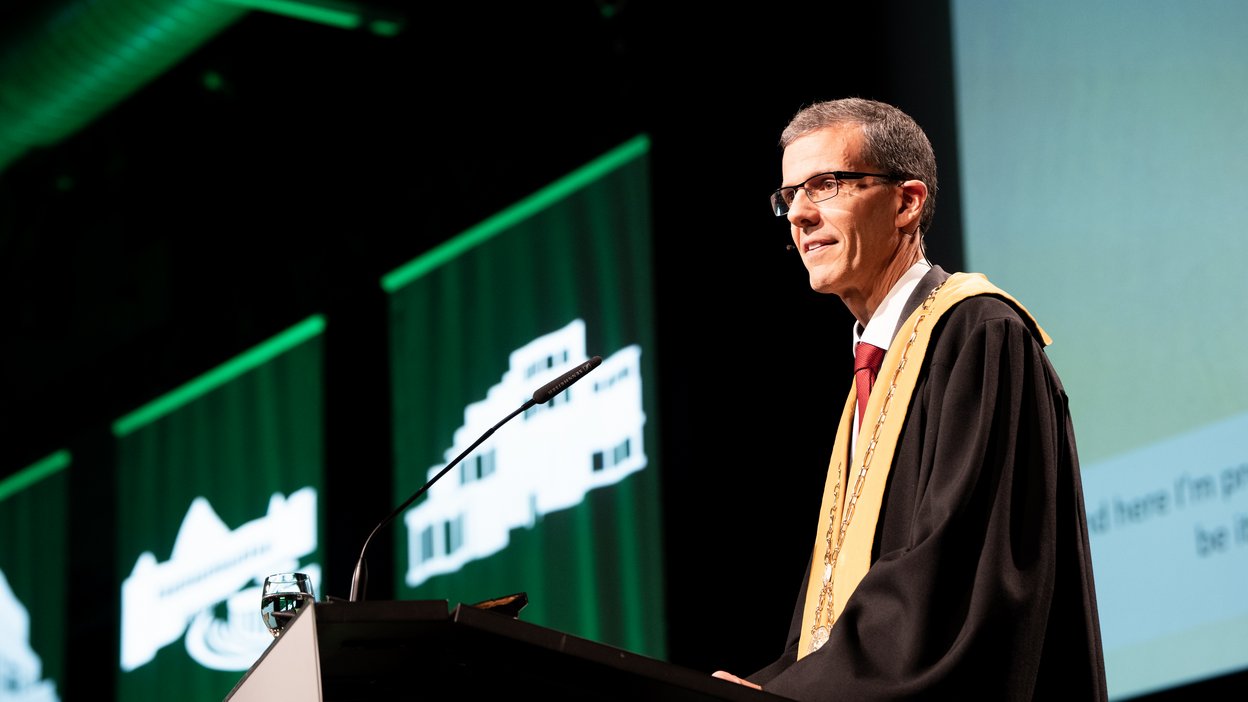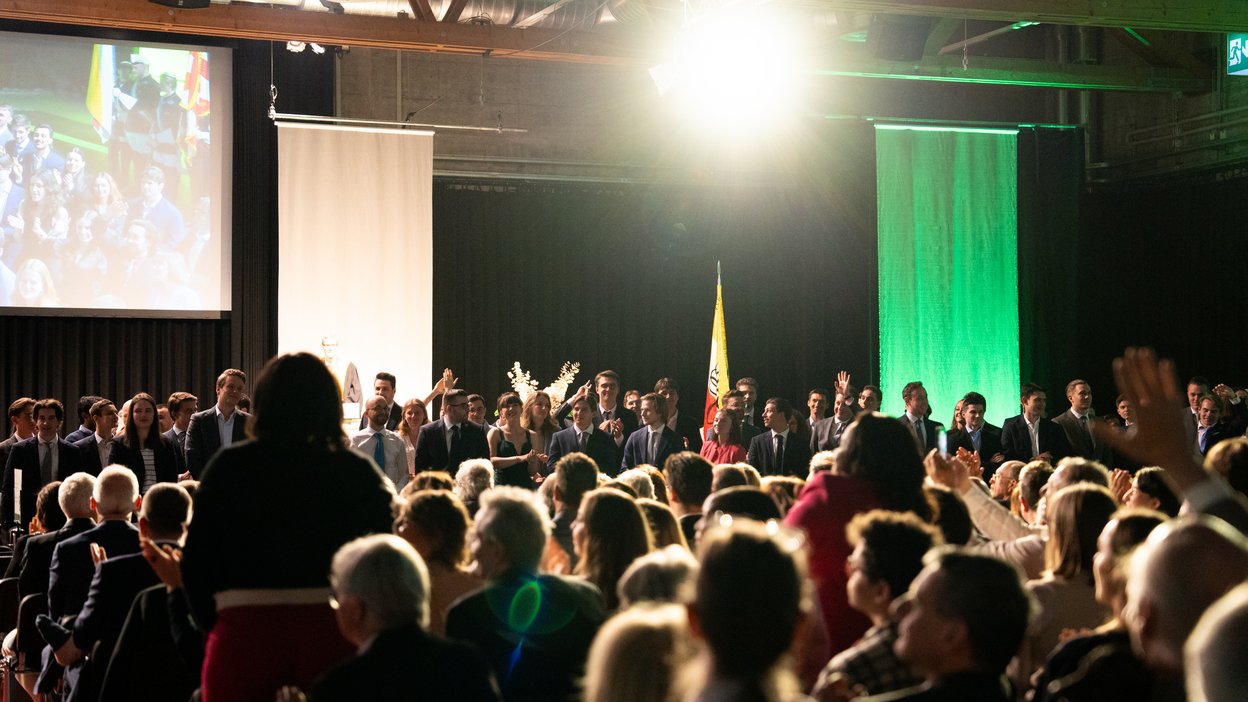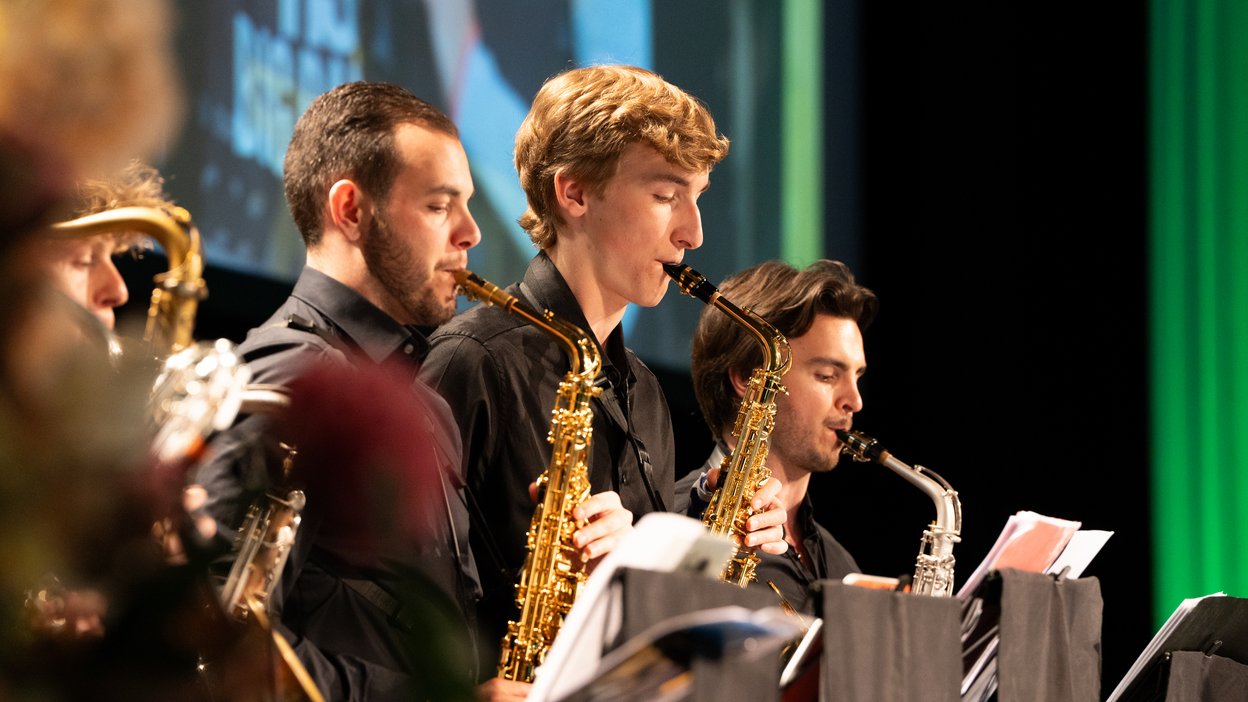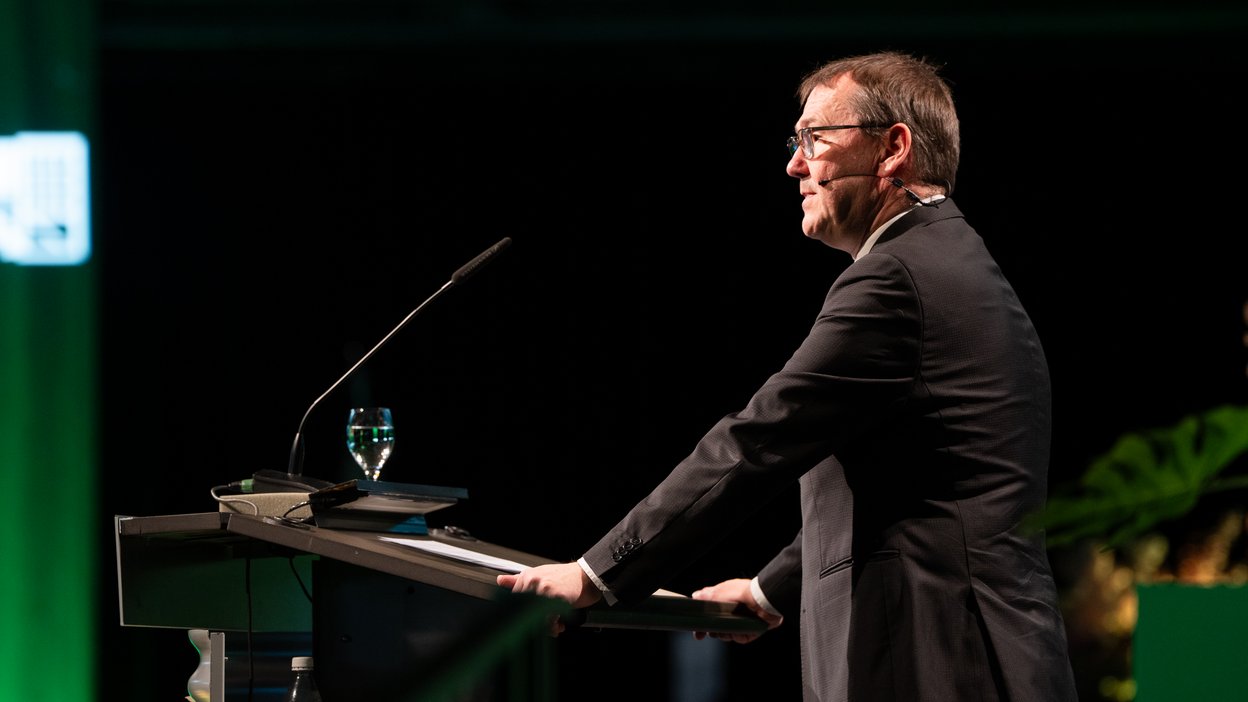Campus - 09.04.2024 - 08:00
HSG Bachelor's ceremony: knowledge as a tool
President Manuel Ammann congratulated the 374 Bachelor's graduates and in his address spoke about the value of knowledge and why it is worthwhile for young people to spend several years of their lives acquiring knowledge. It is with this "intellectual armoury" which the graduates can now find their way in the world.
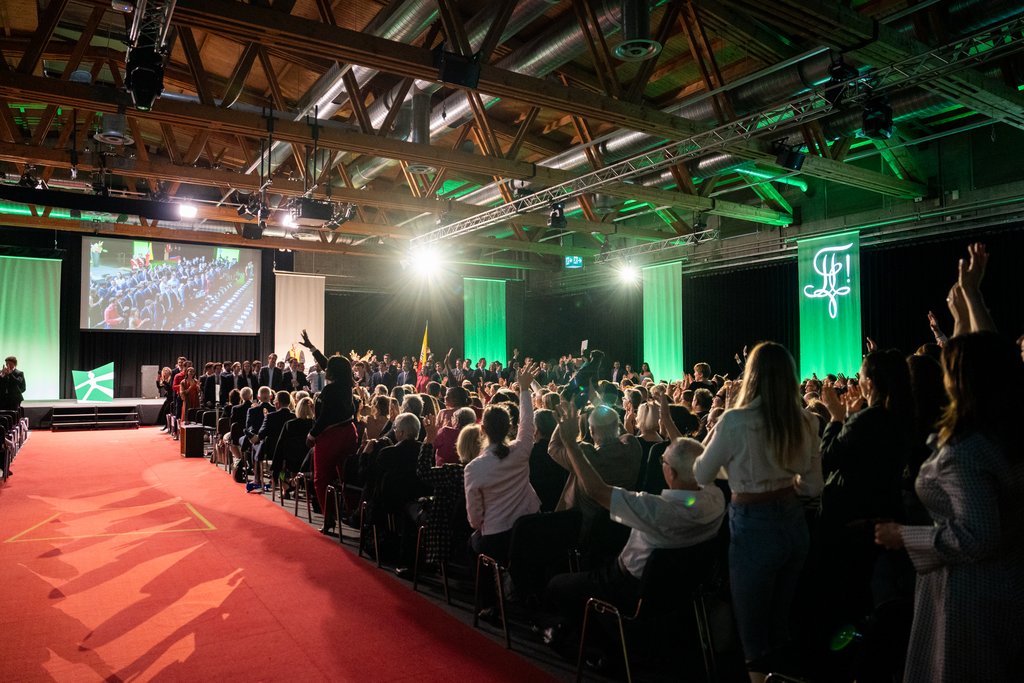
Bachelor Graduation Day took place on Friday in the Olma Hall. The graduates received their diplomas in the following majors:
- 237 in Business Administration,
- 41 in International Relations,
- 23 in Legal Studies,
- 44 in Law with Economics,
- 29 in Economics.
"Do you still remember your StartWeek when you met your fellow students for the first time?," Prof Dr Manuel Ammann, president of the University of St.Gallen, began his speech. "All the way back then you enthusiastically drew up your first class schedule and organised your first flat-sharing party with even greater enthusiasm?" He noted that during their first weeks at HSG, their Bachelor's degree still seemed a long way off… and today it's done.
Acquiring knowledge promotes independent thinking
At the University, the graduates had learned to analyse, question and draw logical conclusions – "in short: to think", said President Ammann. Even if Google, Wikipedia and artificial intelligence tools such as ChatGPT are fuelling the trend towards "knowledge on demand", this approach has a catch, he said. "Knowing where something is written doesn't mean knowing what it says." Information is raw facts and data. Without contextualisation and interpretation, they are useless – and this is precisely where knowledge comes into play.
"Knowledge is processed and therefore becomes understood information. The way in which it is acquired also differs: People have information, it is directly accessible and corresponds easily to a knowledge transfer. This transfer of knowledge is much more difficult," he explained. The process of training cognitive skills is individual and strenuous. It takes energy to create order and to structure the information in a meaningful way. The good news is that the graduates can draw on their thinking skills at any time – whether on the job market or in a postgraduate programme. "You are now ready for the next step – and stay curious," the President concluded.
Images: Foto Lautenschlager GmbH
